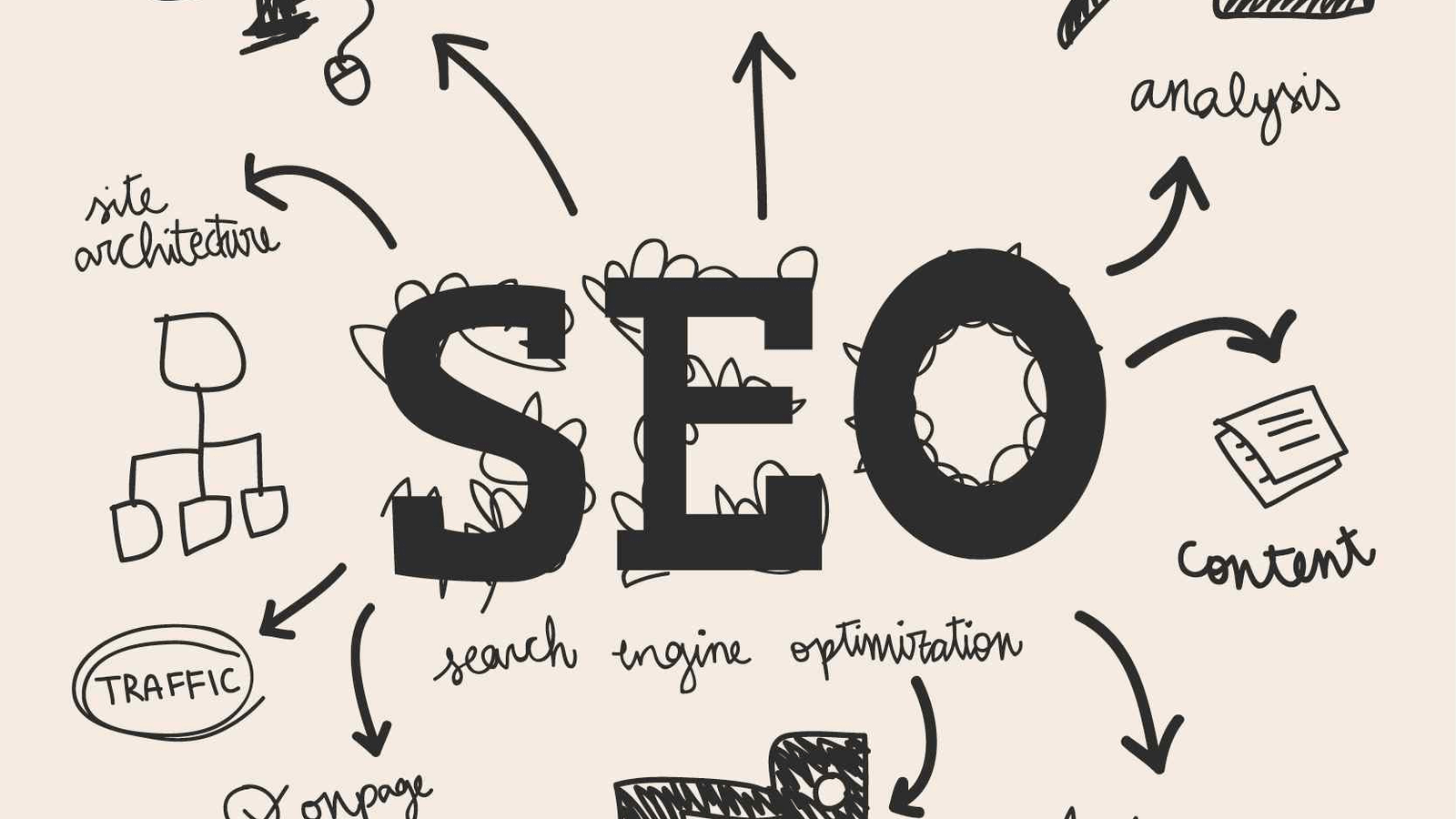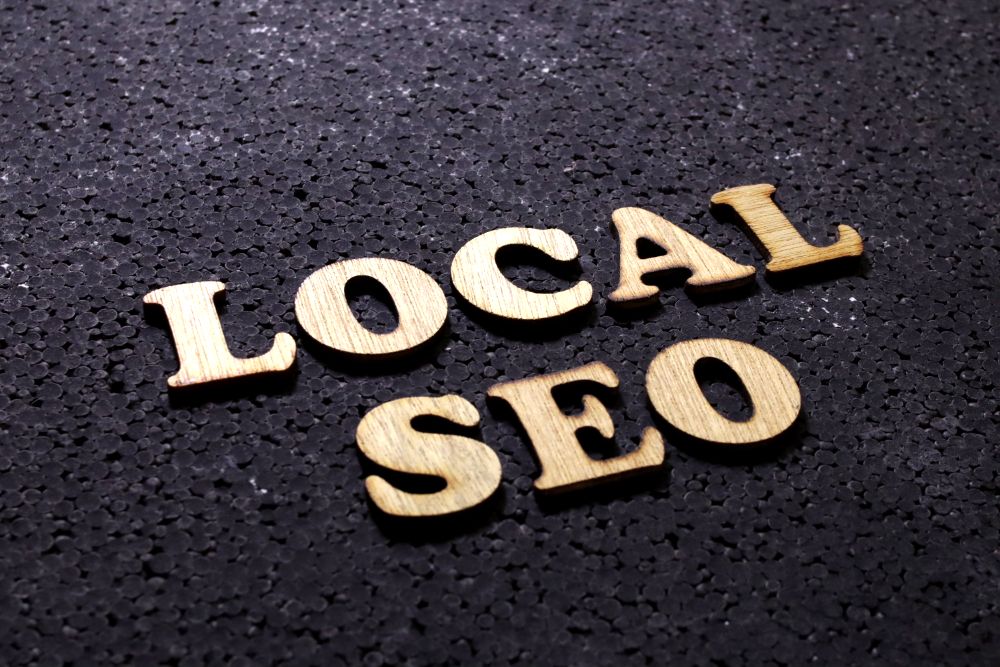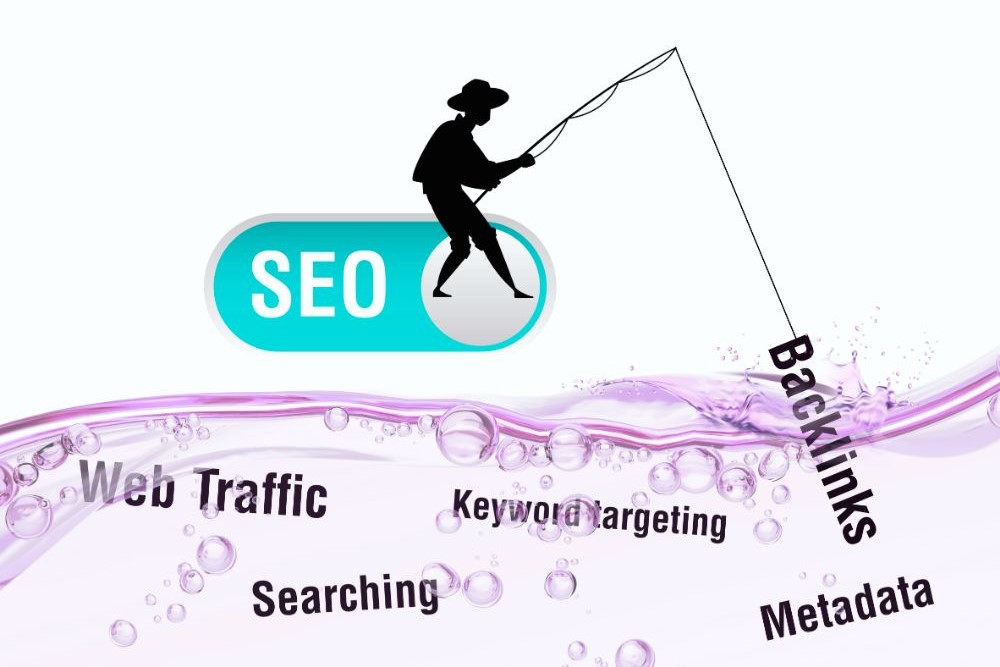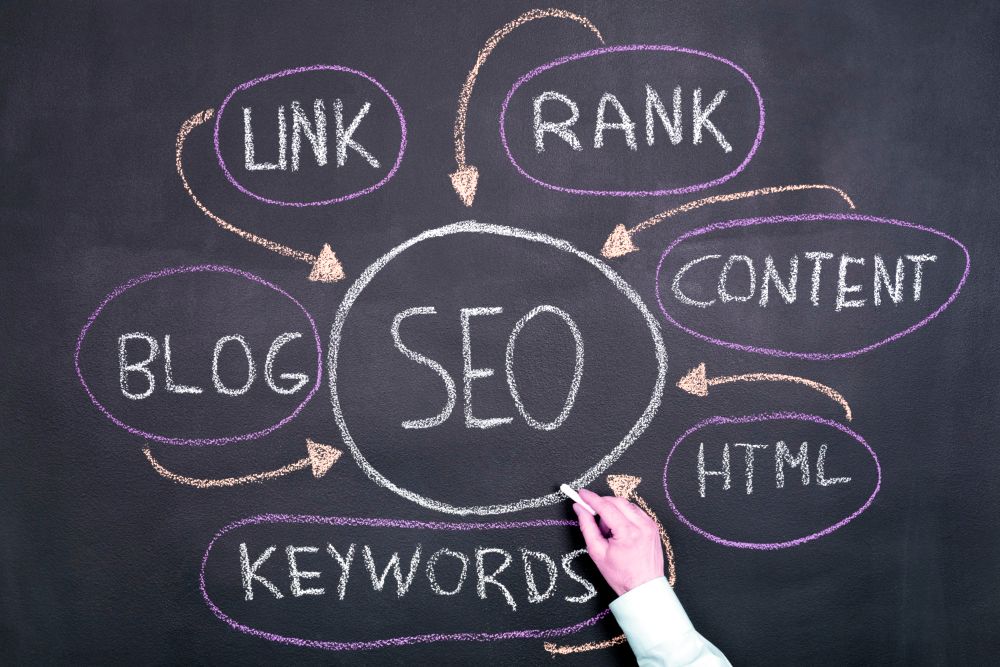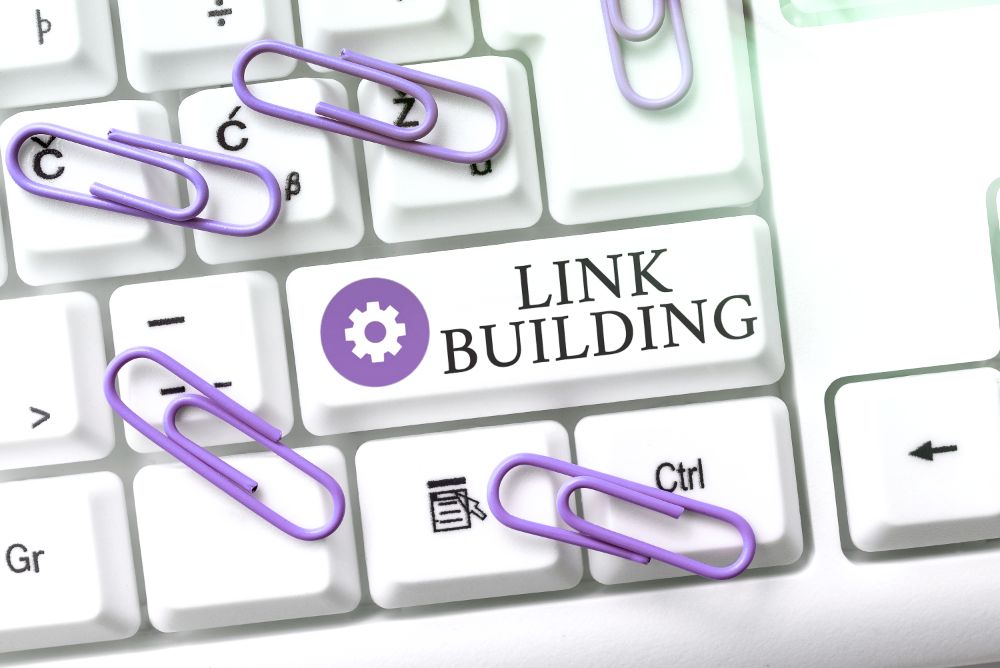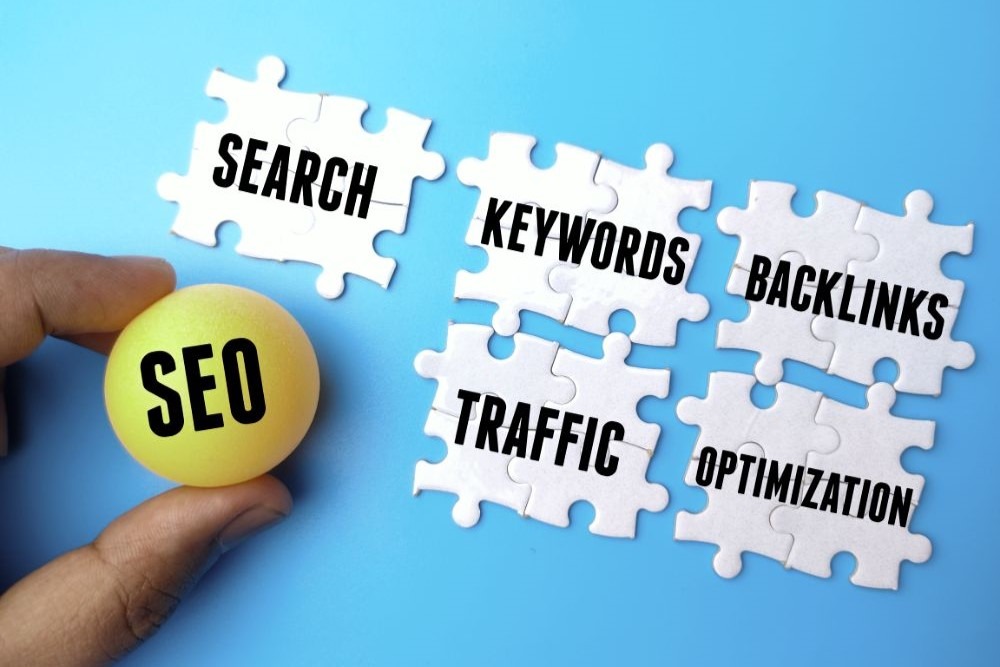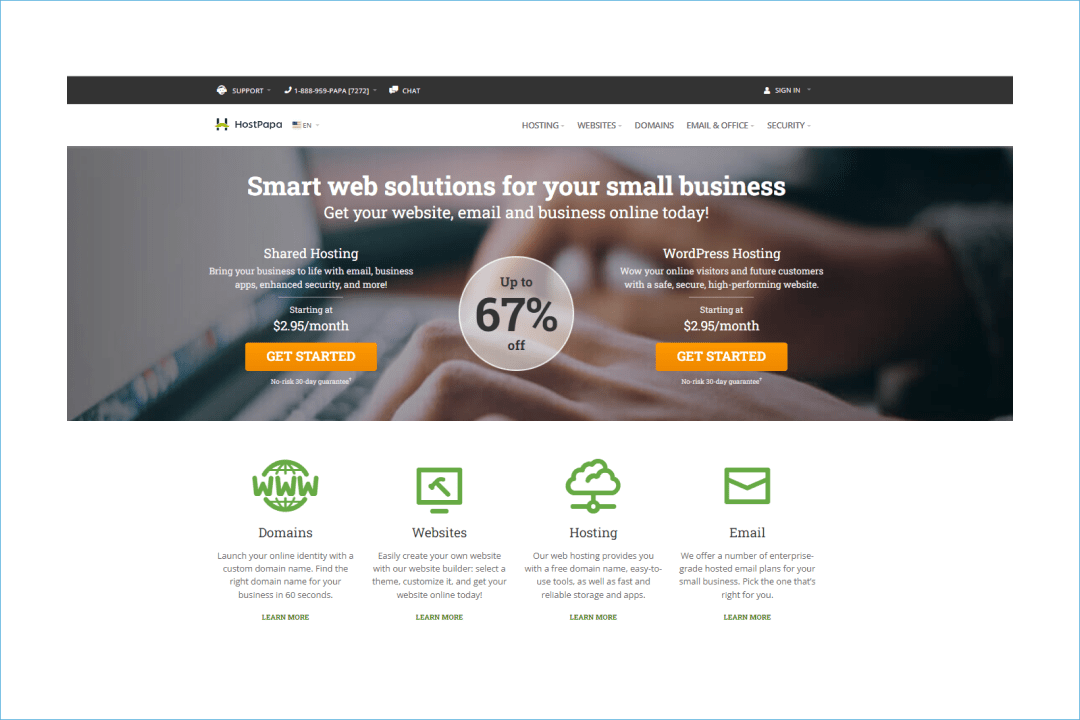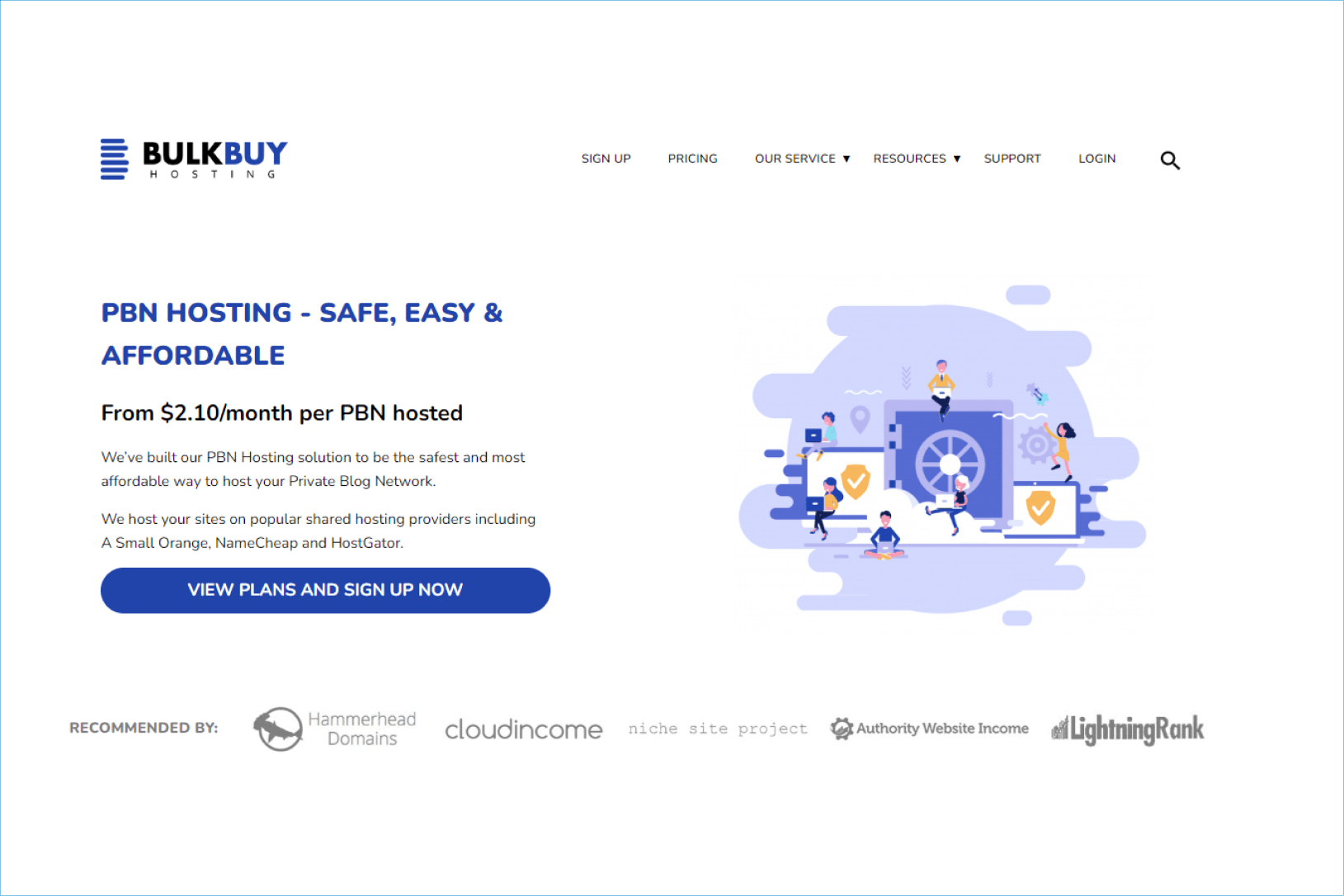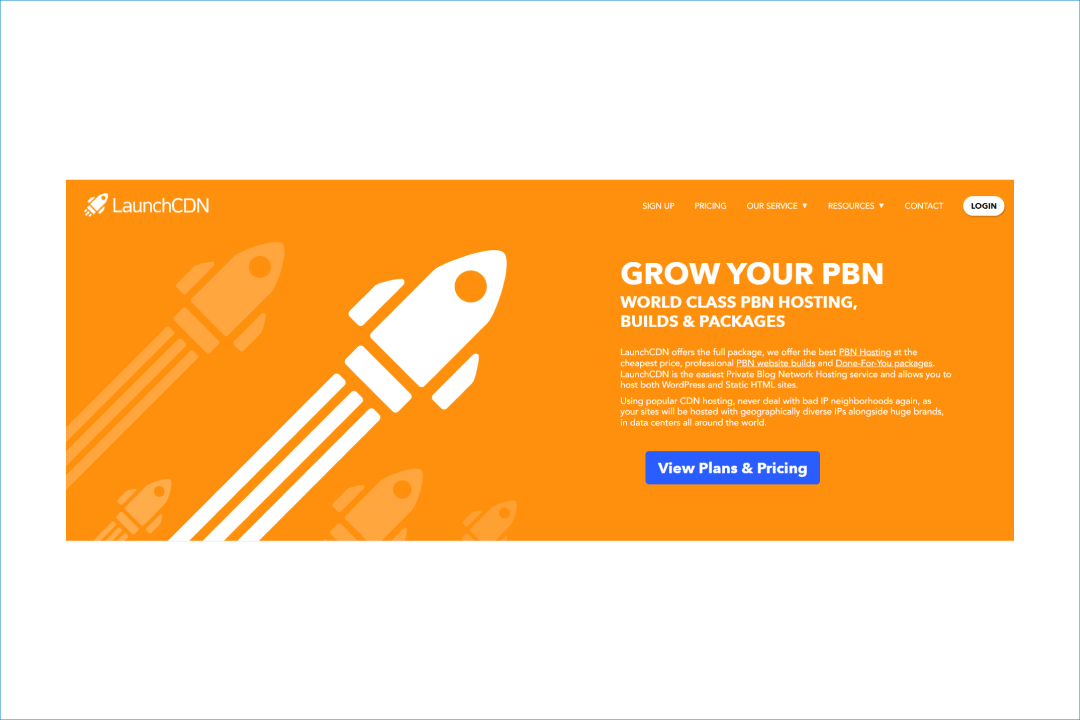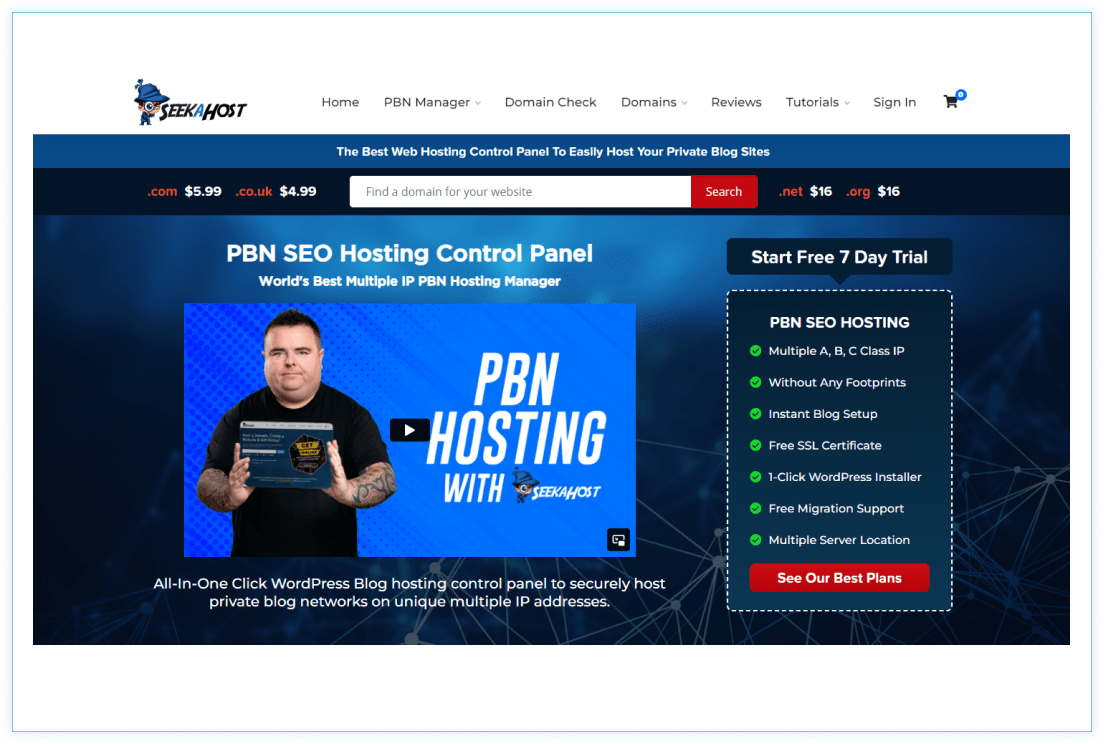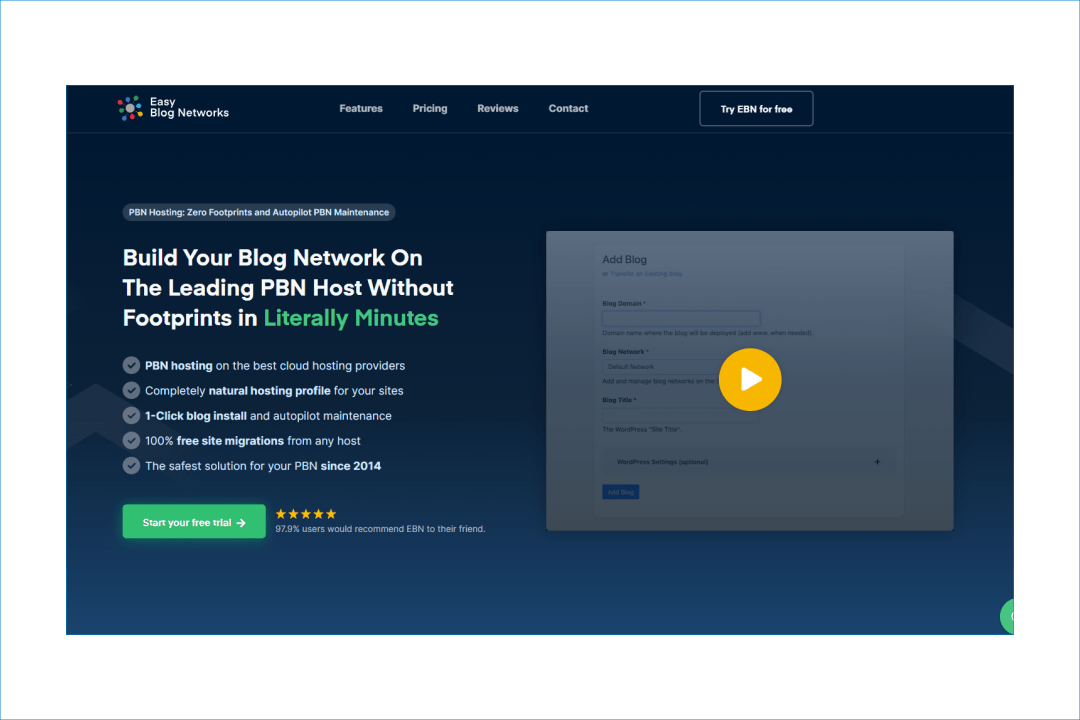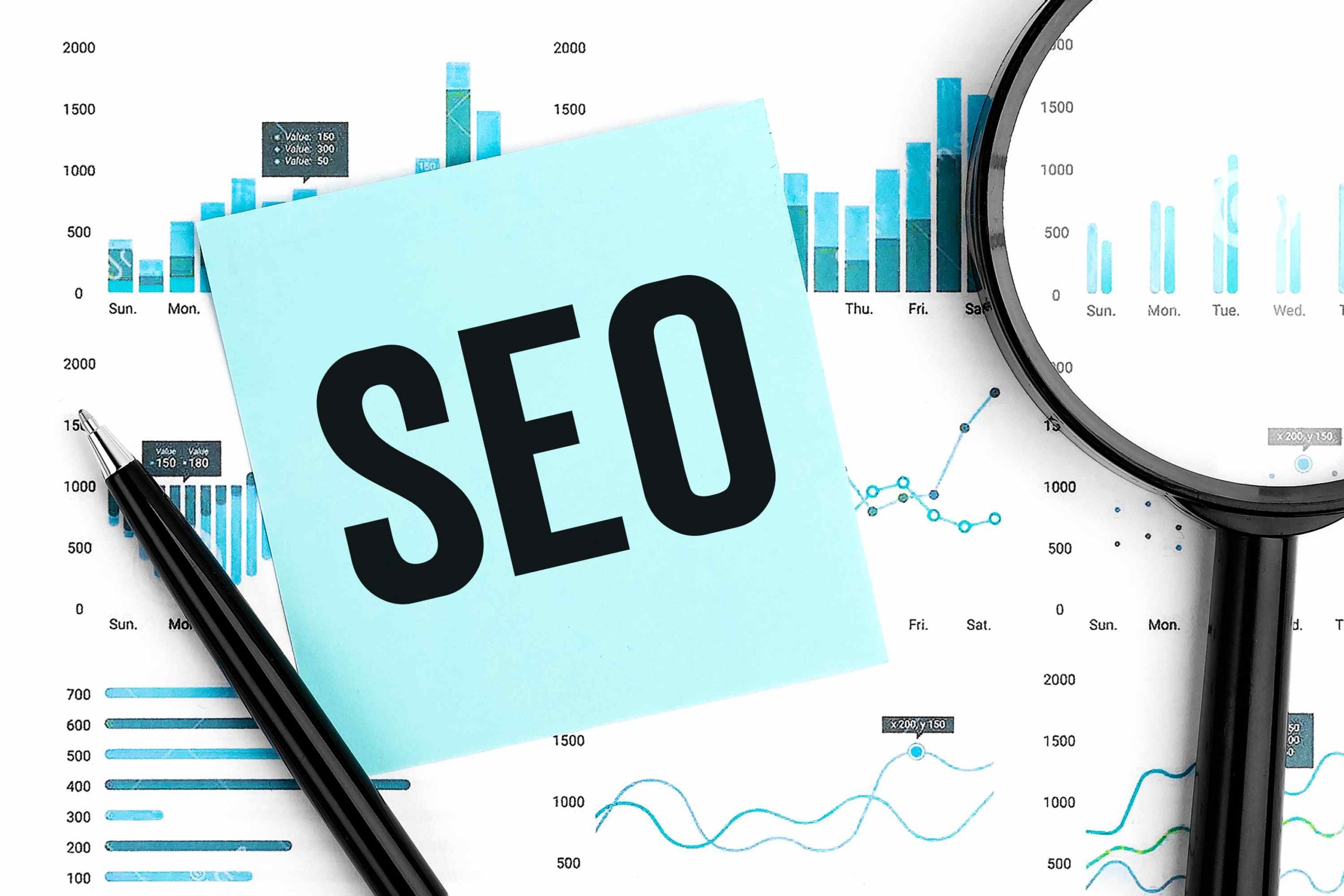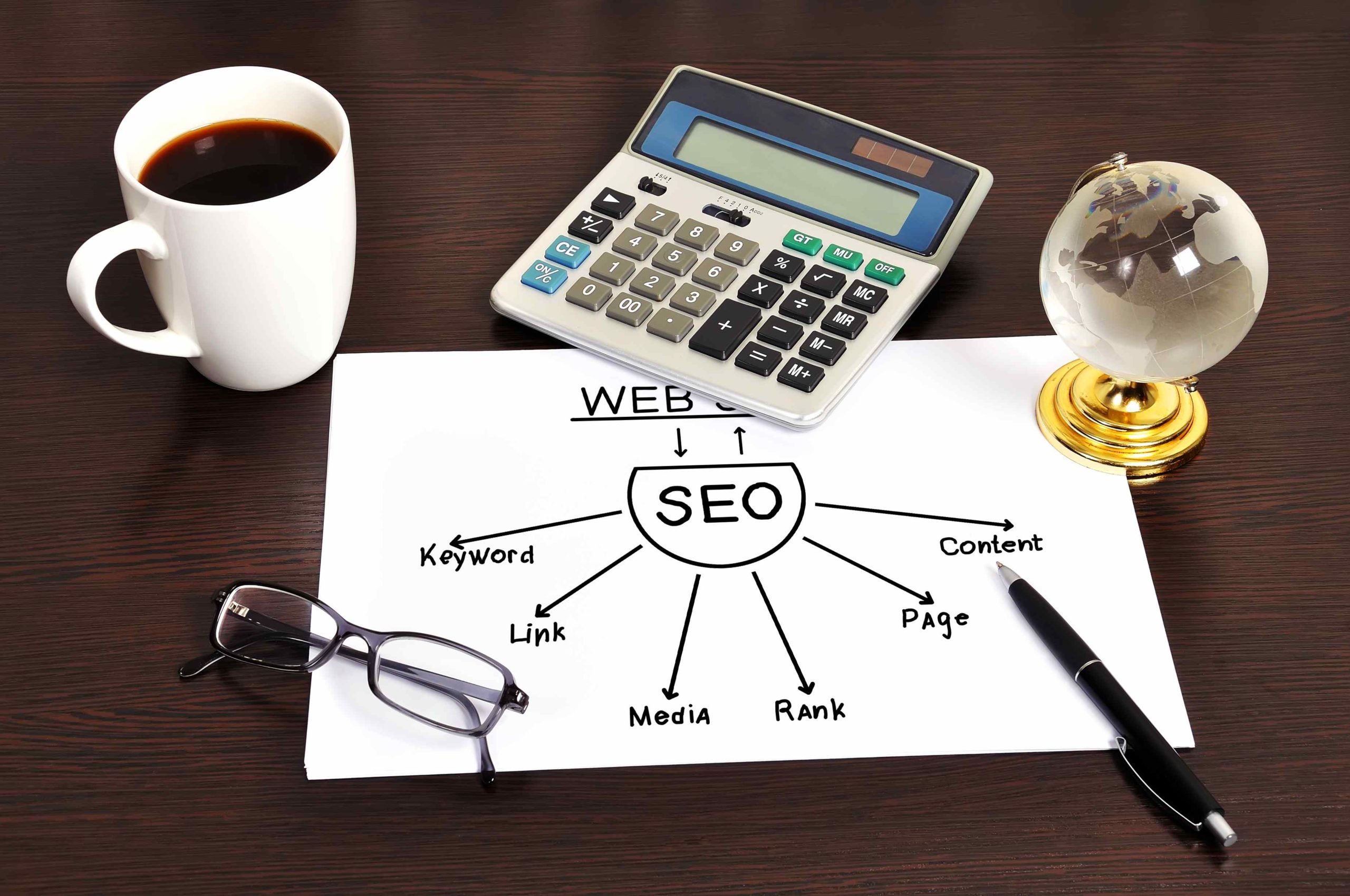
In the fiercely competitive digital landscape, protecting your website from threats like negative SEO is essential for maintaining its visibility, credibility, and overall success. Negative SEO involves deliberate and malicious tactics aimed at harming a competitor’s website rankings, traffic, or reputation in search engine results pages (SERPs). This article delves into various types of negative SEO attacks and provides actionable insights from experts on how to fortify your website against such threats.
Key Takeaways
- Negative SEO is a dangerous and malicious practice that can significantly harm your website and business.
- Negative SEO attacks like hacking, malicious link building, content scraping, or smear campaigns can seriously harm your search engine rankings and overall credibility.
- To prevent negative SEO, you can take proactive steps like keeping an eye on your backlinks, protecting your website from malware, and using tools to find duplicate content and mentions of your brand.
- Regular audits, maintaining strong cybersecurity practices, and fostering positive online relationships are essential components of a robust defense against negative SEO.
- Staying vigilant and responsive to potential issues helps you address problems before they escalate, ensuring your website remains resilient and authoritative.
- Focusing in ethical and proven SEO strategies will further safeguard your site, helping it to thrive in a competitive digital landscape.
What Is Negative SEO?
Negative SEO refers to the malicious practice of using search engine optimization (SEO) techniques to harm a competitor’s website ranking in search results. This is usually done to take over said competitor’s keywords, rankings, and traffic. Negative SEO can involve activities such as building low-quality backlinks, creating duplicate content, spreading misinformation, and even hacking the targeted website.
Types of Negative SEO Attacks
Negative SEO attacks can take many forms, each designed to undermine your website’s performance and reputation. Here are the most common types:
Hacking
Hacking involves unauthorized access to your website, allowing attackers to alter content, inject malicious code, or steal sensitive information. These actions can lead to severe penalties from search engines and damage your website’s credibility. Protecting your site with strong passwords, regular software updates, and robust security measures is crucial to prevent such intrusions.
Link Removals
In a link removal attack, a malicious party may impersonate you and request webmasters to remove your high-quality backlinks. This can significantly diminish your site’s authority and rankings. To prevent this, always use an email address from your domain when communicating with webmasters and keep track of your backlinks using monitoring tools.
Malicious Link Building
Competitors or spammers might create a flood of low-quality or spammy backlinks pointing to your site. This sudden influx of dubious links can trigger Google’s algorithms to penalize your site for unnatural link building. Regularly auditing your backlink profile and disavowing harmful links can help protect your website from such attacks.
Content Scraping
Content scraping involves copying your website’s content and republishing it across various other sites without permission. This can result in duplicate content issues, where search engines may not know which content to prioritize, potentially penalizing your site. Using tools like Copyscape to monitor and address unauthorized use of your content is essential.
Smear Campaigns
Competitors or disgruntled individuals might spread false information or negative reviews about your business online. Smear campaigns can degrade your brand’s reputation and deter potential customers. Actively managing your online reputation and responding promptly to misinformation can mitigate the impact of such campaigns.
Review Bombing
Review bombing involves generating a large volume of negative reviews in a short period to harm your business’s reputation. This can mislead potential customers and lower your ratings on review platforms. Regularly monitoring and addressing reviews can help maintain a positive online presence.
Unauthorized Hotlinking
Unauthorized hotlinking occurs when another site links directly to the resources on your server, such as images or files, without your permission. This not only uses your bandwidth but can also slow down your website. Implementing measures like hotlink protection and limiting direct access to your resources can prevent this issue.
Each type of negative SEO attack requires specific countermeasures and constant vigilance. Understanding these threats is the first step toward protecting your website from malicious activities that can undermine your online success.

Is Negative SEO Dangerous?
Negative SEO is indeed a serious threat that can have significant and detrimental impacts on your website’s performance, reputation, and business success. Here are several reasons why negative SEO is dangerous:
Loss of Search Engine Rankings
Negative SEO can cause your website to lose its hard-earned search engine rankings. Tactics such as malicious link building or link removals can lead to penalties from search engines like Google. These penalties can drastically lower your site’s position in search results, reducing organic traffic and visibility.
Damage to Brand Reputation
Tactics like smear campaigns and review bombing can harm your brand’s reputation. Negative reviews, false information, and malicious content can deter potential customers, leading to a loss of trust and credibility. Restoring a damaged reputation can be time-consuming and costly.
Decrease in Website Traffic
As your search engine rankings drop due to negative SEO, so does your website traffic. This decrease can affect your business’s bottom line, especially if you rely heavily on organic search traffic for leads, sales, or ad revenue. The drop in traffic can also affect your website’s engagement metrics, leading to a further decline in search engine performance.
Financial Loss
The effects of negative SEO can lead to substantial financial losses. These include the cost of repairing damage, restoring lost rankings, dealing with security breaches, and managing reputation recovery efforts. Additionally, the loss of traffic and potential customers directly impacts revenue.
Security Breaches
Hacking and other security-related negative SEO tactics can expose your website to malware, data breaches, and unauthorized access. These security incidents can compromise sensitive information, lead to data loss, and result in legal and regulatory repercussions.
Content Duplication Issues
Content scraping and duplication can cause search engines to penalize your site for duplicate content. This can dilute the uniqueness of your content, making it harder for your site to rank well. It can also confuse search engines about which version of the content is the original, potentially leading to lower rankings for your pages.
Server Overload and Downtime
Unauthorized hotlinking or denial-of-service attacks can overload your server, causing your website to slow down or go offline. This not only impacts user experience but can also lead to search engines de-indexing your site if downtime is frequent or prolonged.
Long-Term Consequences
The effects of a successful negative SEO attack can linger for a long time. Even after identifying and rectifying the issues, it can take months to recover lost rankings and traffic. The longer-term impact on brand reputation and customer trust can also be challenging to rebuild.

How to Protect Your Website from SEO Attacks
Protecting your website from SEO attacks involves a combination of proactive monitoring, robust security measures, and strategic SEO practices. Here are expert tips and tricks to safeguard your website from negative SEO:
Activate Email Alerts in Google Webmaster Tools
Setting up email alerts in Google Webmaster Tools (now known as Google Search Console) can help you respond quickly to potential issues. Google can notify you about various problems such as malware attacks, pages not getting indexed, server issues, or penalties from Google. To set this up:
- Connect your website to Google Search Console.
- Log in and navigate to “Settings.”
- Click on “Search Console preferences.”
- Enable email notifications for critical issues.
Keep an Eye on Your Backlink Profile
Regularly monitoring your backlink profile is crucial for detecting and preventing negative SEO attempts like malicious link building. Use tools like Ahrefs, Open Site Explorer, or MonitorBacklinks.com to:
- Track new backlinks to your site.
- Identify and disavow low-quality or spammy links.
- Monitor changes in your backlink profile to catch suspicious activities early.
Fortify the Security of Your Valuable Backlinks
Spammers might impersonate you to request the removal of high-quality backlinks. To prevent this:
- Use an email address from your domain (e.g., yourname@yourdomain.com) when communicating with webmasters.
- Keep a list of your most valuable backlinks and regularly check their status using tools like Monitor Backlinks.
- Sort backlinks by Page Rank or social activity to ensure your best links remain intact.
Protect Your Website from Malware and Unauthorized Access
Securing your website against malware and unauthorized access is essential. Here’s how:
- If you use WordPress, install the Google Authenticator Plugin and set up two-factor authentication (2FA).
- Create strong, unique passwords that include numbers and special characters.
- Regularly back up your website files and database.
- If your site allows file uploads, consult your hosting provider about installing antivirus software to scan for malware.
Detect and Address Duplicate Content
Content scraping can harm your site’s rankings by creating duplicate content issues. Use Copyscape.com to:
- Input your website URL or specific article text to check for duplicates.
- Identify websites that have copied your content without permission.
- Take action to request the removal of the copied content or file DMCA complaints if necessary.
Monitor Your Brand’s Mentions on Social Media
Monitoring your brand’s mentions on social media can help you quickly address negative comments or misinformation. (more info about brand marketing here)
Use tools like Mention.net to:
- Create alerts for your brand name and relevant keywords.
- Receive notifications whenever your brand is mentioned.
- Respond promptly to any negative mentions to manage your online reputation.
Optimize Your Website’s Loading Speed
A sudden increase in loading time could indicate a negative SEO attack aimed at overwhelming your server. Use tools like Pingdom.com to:
- Monitor your website’s server uptime and loading speed.
- Set up email alerts to notify you of any significant changes or downtime.
- Investigate and address the cause of slow loading times promptly.
Avoid Becoming a Target of Your Own SEO Tactics
Implementing safe and ethical SEO practices is crucial to avoid penalties. Here’s what to avoid:
- Don’t link to penalized websites.
- Refrain from buying links from blog networks or other low-quality sources. Read our article How to Buy Backlinks: Tips From SEO Experts.
- Avoid flooding your site with low-quality guest posts.
- Be cautious with the use of “money keywords” in your anchor texts; aim for a natural distribution.
Keep Positive Relationships Online
Engaging in positive interactions and avoiding conflicts online can reduce the risk of becoming a target of negative SEO. Spammers often act out of revenge or competition. Maintaining good relationships with clients and other online users helps create a supportive community around your brand.
Regularly Audit Your Links
Regular link audits help you spot unusual activity before it becomes a major issue. Use tools like Ahrefs or Moz to:
- Regularly review your backlink profile.
- Identify and disavow any suspicious or harmful links.
- Monitor the growth of your link profile to ensure it remains healthy.
Identify Instances of Content Plagiarism
Scraping and plagiarism are common negative SEO tactics. Use Copyscape or Google Alerts to:
- Regularly check for duplicate content.
- Identify websites that are copying your content without permission.
- Take appropriate action, such as sending DMCA takedown notices.
Watch on Your Google My Business Listing
Negative reviews can impact your reputation and rankings. Keep an eye on your Google My Business listing and use tools to:
- Monitor reviews and respond to negative feedback promptly.
- Identify and report fake reviews.
- Encourage satisfied customers to leave positive reviews.
Active management of your business listings helps maintain a positive online reputation.
Analyze the Click-Through Rates of Your Keywords
Monitoring your keywords’ click-through rates (CTR) can help detect unusual patterns that might indicate negative SEO. Use Google Search Console to:
- Track CTR for your main keywords.
- Identify any sudden drops or unusual spikes.
- Investigate and address any anomalies to maintain a healthy user experience.
Enhance Your Website’s Security Measures
Improving your website’s security helps protect against various negative SEO tactics. Ensure your software is up-to-date, apply security patches, and use strong encryption. For e-commerce sites or those handling sensitive data, migrating to HTTPS can enhance security and positively impact SEO rankings.
Employ Only Up-to-Date, Proven, and Secure SEO Strategies
Focus on consistent, ethical SEO practices that build authority over time. Avoid black hat techniques and adhere to search engine guidelines. By employing proven and secure SEO strategies, your website will gradually gain credibility and achieve higher rankings.
Avoid Unnecessary Online Conflicts
Engaging in online disputes can attract negative attention. Avoid arguments on forums and social media to reduce the risk of becoming a target for negative SEO. Maintaining a professional and positive online presence helps build a supportive community around your brand.
By following these expert tips and tricks, you can effectively protect your website from negative SEO attacks, ensuring your online presence remains strong, credible, and successful.
Conclusion
Protecting your website from negative SEO is essential to maintaining its rankings, reputation, and overall success. By proactively monitoring backlinks, securing your site against malware, and using tools to detect duplicate content and brand mentions, you can mitigate threats. Regular audits, strong cybersecurity practices, and ethical SEO strategies are key to safeguarding your site.
Following these expert tips will help you defend against negative SEO attacks and ensure your website remains strong and credible.


